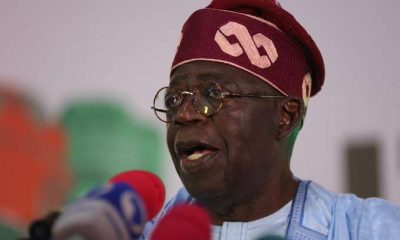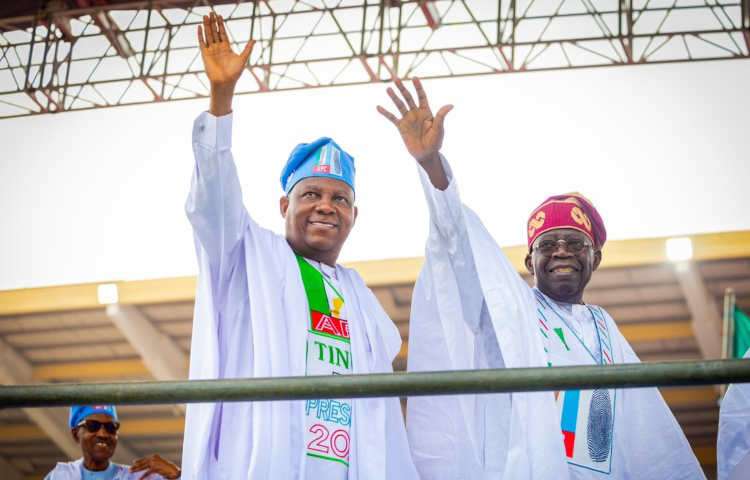Business
Subsidy removal resisted by oil cabal, but Tinubu stood firm – Shettima

Vice-President Kashim Shettima has said President Bola Tinubu’s bold economic reforms, including the removal of fuel subsidy, were taken in the best interest of Nigerians despite fierce resistance from entrenched interests.
Shettima stated this while receiving executives of the Nigerian Association of Chambers of Commerce, Industry, Mines, and Agriculture (NACCIMA) led by its National President, Jani Ibrahim, at the Presidential Villa, Abuja.
He emphasised that the administration is committed to creating an enabling environment for businesses to thrive, pointing to policy moves such as the unification of exchange rates and ongoing tax reforms.
“I can assure you that Nigeria is ready for business, and you are the drivers of change,” Shettima said. “I plead guilty to romancing with the business community, the manufacturing and productive sectors. This is how great nations are built; this is how Korea became what it is.”
The Vice-President praised Tinubu’s resolve to end the fuel subsidy regime, which he described as a burden that crippled successive governments.
“The oil cabal fought back, but he refused to budge. He stood his ground because he acted in the best interest of Nigerians,” Shettima noted.
He also highlighted Tinubu’s background in commerce and finance, saying the President “speaks the language of business” and is committed to reforms that will unlock economic growth.
In his remarks, Ibrahim, who recently assumed office as NACCIMA President and Chairman of the Organised Private Sector (OPS), commended Shettima’s leadership roles in the National Economic Council (NEC), National Council on Privatisation (NCP), Bureau of Public Enterprises (BPE), the Presidential Enabling Business Environment Council (PEBEC), and other economic councils.
“National prosperity is anchored on strong collaboration between government and the private sector. We recognise the private sector as the engine of growth while the government sets the enabling framework,” Ibrahim said.
He urged regular engagement between the OPS and the Vice-President’s office, proposing bi-annual consultative sessions and the inclusion of private sector representatives in key government councils, especially those dealing with trade, industry, privatisation, and MSMEs.











